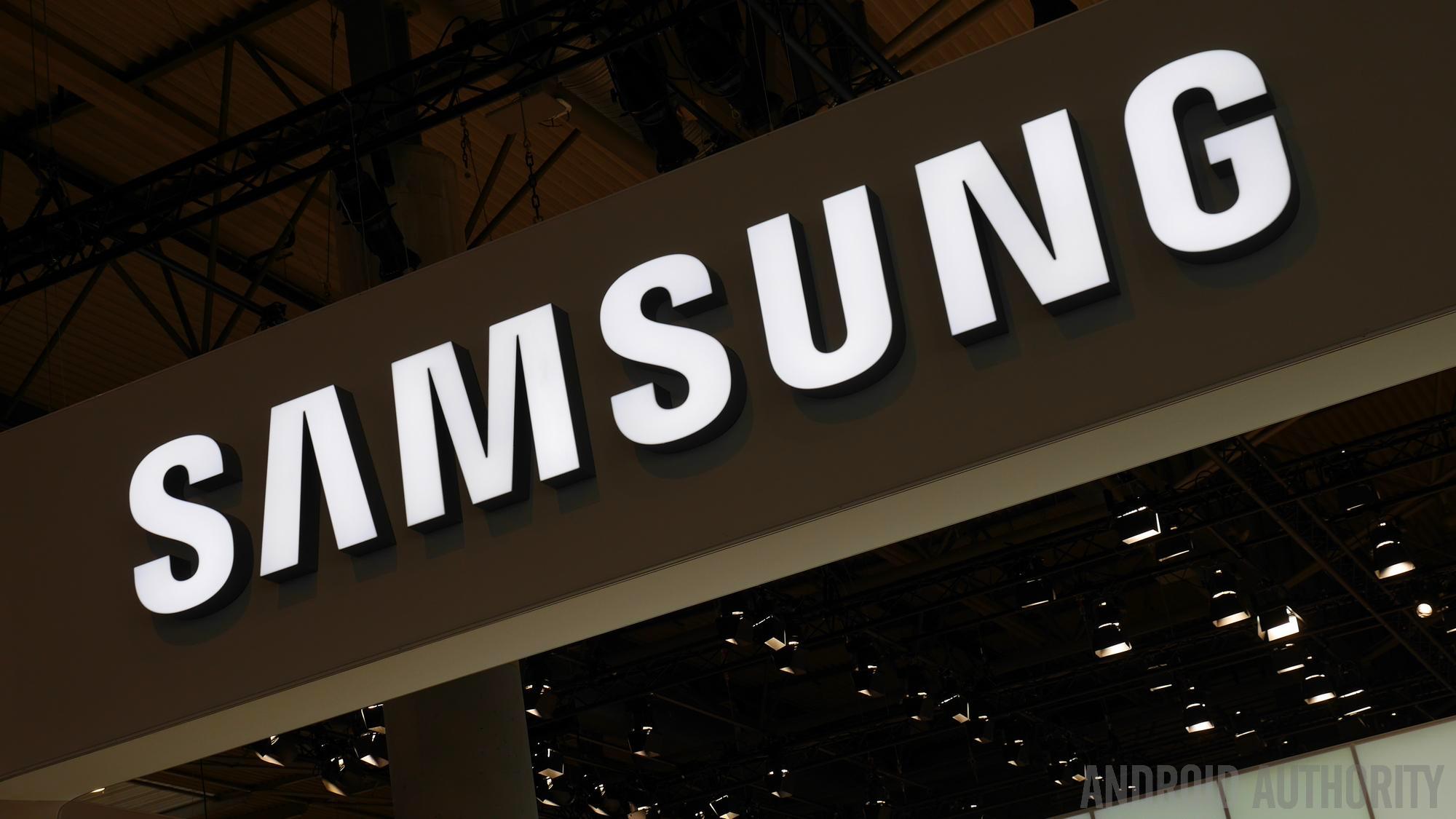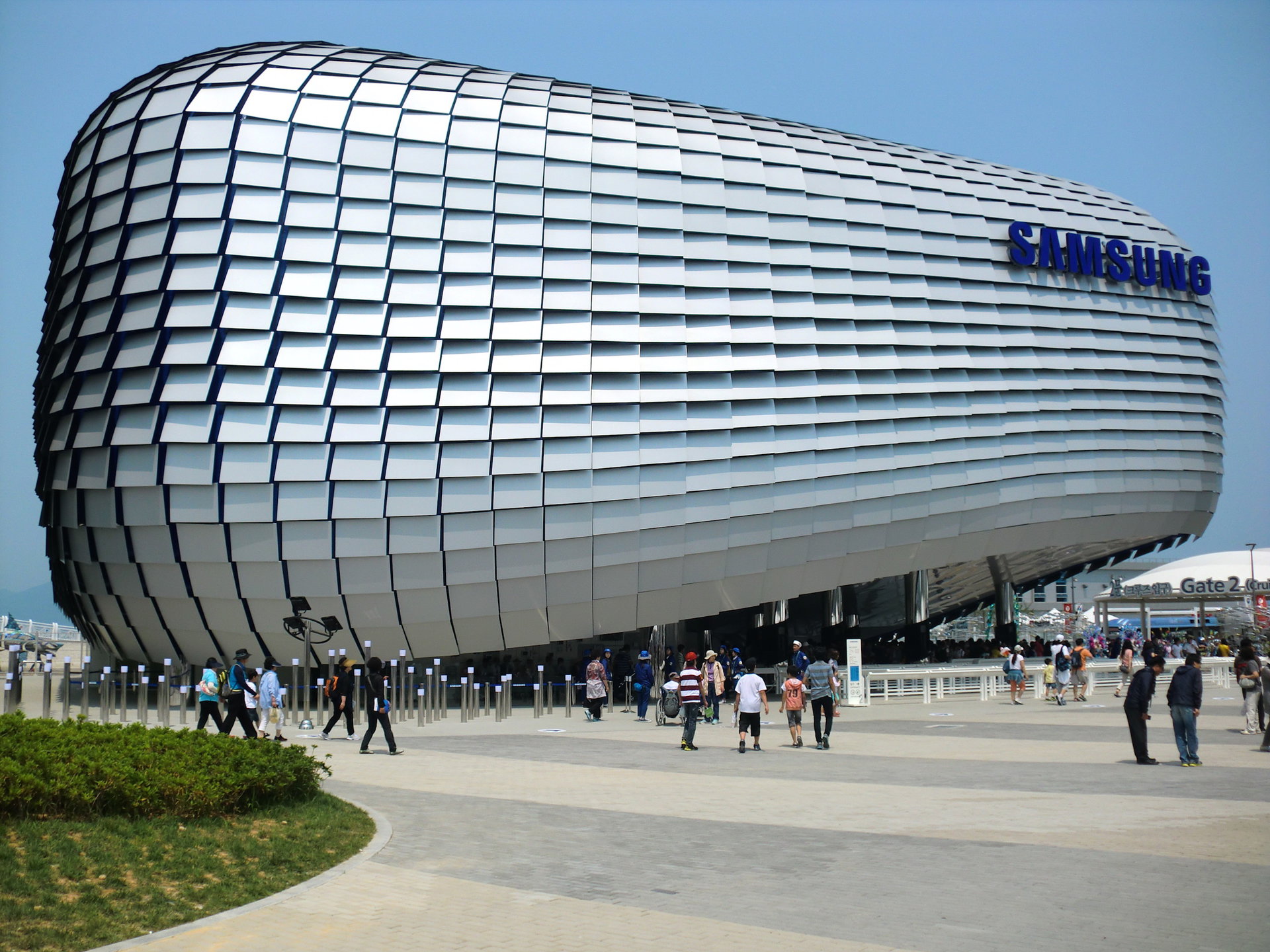Affiliate links on Android Authority may earn us a commission. Learn more.
(Update: merger approved) Tight shareholder vote tomorrow could define Samsung's future

Original post, July 16: Samsung Electronics might be one of the world’s largest technology companies and the largest Korean company by market cap but the manufacturer is facing a lot of struggles. Despite revamping its product line with the Galaxy S6 and Galaxy S6 Edge – and also with the upcoming Note 5 and S6 Edge Plus – the handset maker is still facing a troubled year with poor sales that have many questioning whether its strategy is indeed the best way forward.
As if these challenges weren’t enough, the company is also going through a transition from the Group’s President, Lee Kun-hee, to his son, Lee Jae-yong. The elder Lee was the man who spearheaded Samsung’s rise from a bit-part player in the mobile industry to the world’s top device manufacturer but suffered a heart attack last year, which rendered him unable to fulfil his duties.
The younger Lee seems set to take the reigns at Samsung but his future will depend on the outcome of the shareholder vote being held tomorrow and with just a day to go, the votes are too close to call.
A transitional period
The shareholder vote is on the proposed merger of Cheil Industries and Samsung C&T (Construction and Trading), which is being opposed by US hedge fund Elliott Associates. How does the vote determine the future of Samsung? Well it’s simple (it’s actually not simple as Samsung’s company structure is ridiculously complicated but we’ll do our best to keep it simple):

Samsung Electronics may be the largest and most important company in the Samsung Group family but it is joined by around 80 other companies across a span of industries including finance, construction, semiconductors and life insurance.
The biggest issue is that while the Lee family owns small direct stakes in each of the companies, its real power is derived from the cross-ownership structure of the Group; each company in the Samsung family owns stakes in other Samsung companies meaning Lee’s true power is derived from the ability to use this leverage to influence the strategy and decision-making of the entire Group.
As noted by TechCrunch, Cheil Industries owns 19.3% of Samsung Life insurance and Life owns 7.2% of Samsung Electronics. As a result of the proposed merger of Cheil Industries and Samsung C&T, the Lee family would gain leverage over Samsung Electronics thanks to the newly-combined company’s partial ownership of Samsung Life and thus Samsung Electronics.
Korean law is a double-edged sword
Korean law also plays a big part in this rather confusing ownership structure as – unlike other countries – it dictates that a company cannot set the price of its merger and instead it is calculated using the price of its stock and a formula.
This particular securities law plays a big part in the Samsung merger and shareholder vote as Samsung C&T has been trading well below its true value – which would be a lot higher in other markets considering its partial ownership of Samsung Electronics – allowing Cheil to purchase it at a heavily discounted price.
The Korean securities law may have presented the opportunity for Lee Jae-yong to gain additional leverage through the merger but Korean inheritance laws are also a big reason the merger is happening.
While the elder Lee owns large stakes throughout the Samsung Group, the younger Lee faces billions of dollars in inheritance taxes when he does take control of his father’s stake. As a result, his ownership is likely to shrink considerably and he’s aiming to keep his leverage in the Group through this (and possibly other) mergers.
The vote and the future of Samsung
So where does this complex structure leave us? With the Lee family (and affiliates) needing the merger to go through to ensure that, regardless of the shrunken size of the family’s stake after taxes, they still have enough leverage to affect Samsung’s future.
[related_videos title=”Samsung in video:” align=”right” type=”custom” videos=”624818,608203,605763,601595,600134,599201″]According to analysis from the Wall Street Journal, the Lee family (and associates) hold about 31% of the votes (all in favour of the merger) while around 9.5% of votes are currently against the merger. The rest of the votes are in the hands of ordinary investors and while Korea is called the Republic of Samsung as Koreans have a lot of pride in the success of the business, the manufacturer has faced a lot of criticism in its homeland.
The vote is just hours away and could play a large part in determining the future of Samsung Electronics while also having a marked effect on the mobile industry in general. As the world’s largest manufacturer and one of the world’s leading technology companies, Samsung’s actions can have a knock on effect on other OEMs and should Lee fail to push through the merger, it’s possible that this may lead to Samsung Electronics being usurped on the global stage.